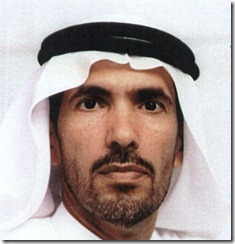Research In Motion (RIM) reported that in the three months to June 2, 2012, the company reported a loss of US$518 million, compared with a prior-year profit of US$695 million, on revenue of US$2.81 billion, down from US$4.91 billion.
During the period, the company shipped 7.8 million smartphones and 260,000 tablets. This compares with 13.2 million smartphones and 500,000 tablets in the same quarter in fiscal 2012.
Providing something of a positive, the company said that the overall BlackBerry subscriber base continued to grow, with increases in all regions except for North America.
Internationally, revenue fell during the period, reflecting price pressure due to competition, and sales of its aging device line – a refresh is currently underway.
The handset manufacturer also stated that its first BlackBerry 10 (BB10) device will now not be available until the first quarter of 2013, saying that the integration of key features into BB10 has been “more time consuming than anticipated,” pushing back the launch from late 2012.
RIM also confirmed its anticipated job cuts, although the size of the cull – around 5,000 staff from a workforce of 16,500 – was larger than many expected.
Thorsten Heins, president and CEO of RIM, said that “I am not satisfied with these results and continue to work aggressively with all areas of the organisation and the board to implement meaningful changes to address the challenges, including a thoughtful realignment of resources and honing focus within the company on areas that have the greatest opportunities.”
Moving forward, the company plans to “streamline the BlackBerry smartphone product portfolio to offer a fewer number of devices in the market at any given time.” By streamlining its range, it will reduce R&D costs, increase economies of scale, reduce marketing and sales complexity, and “provide a distinct offer for each targeted market segment.”
Heins noted that the company’s long-anticipated LTE PlayBooks “are in the final stages of testing with certain carrier partners, and we expect to launch these in the near future.”
The company also warned it is anticipating an operating loss in the second quarter of fiscal 2013, as it continues to develop BB10 against a backdrop of falling BlackBerry 7 sales. It also noted “pressure to reduce RIM’s monthly infrastructure asset fees.”




